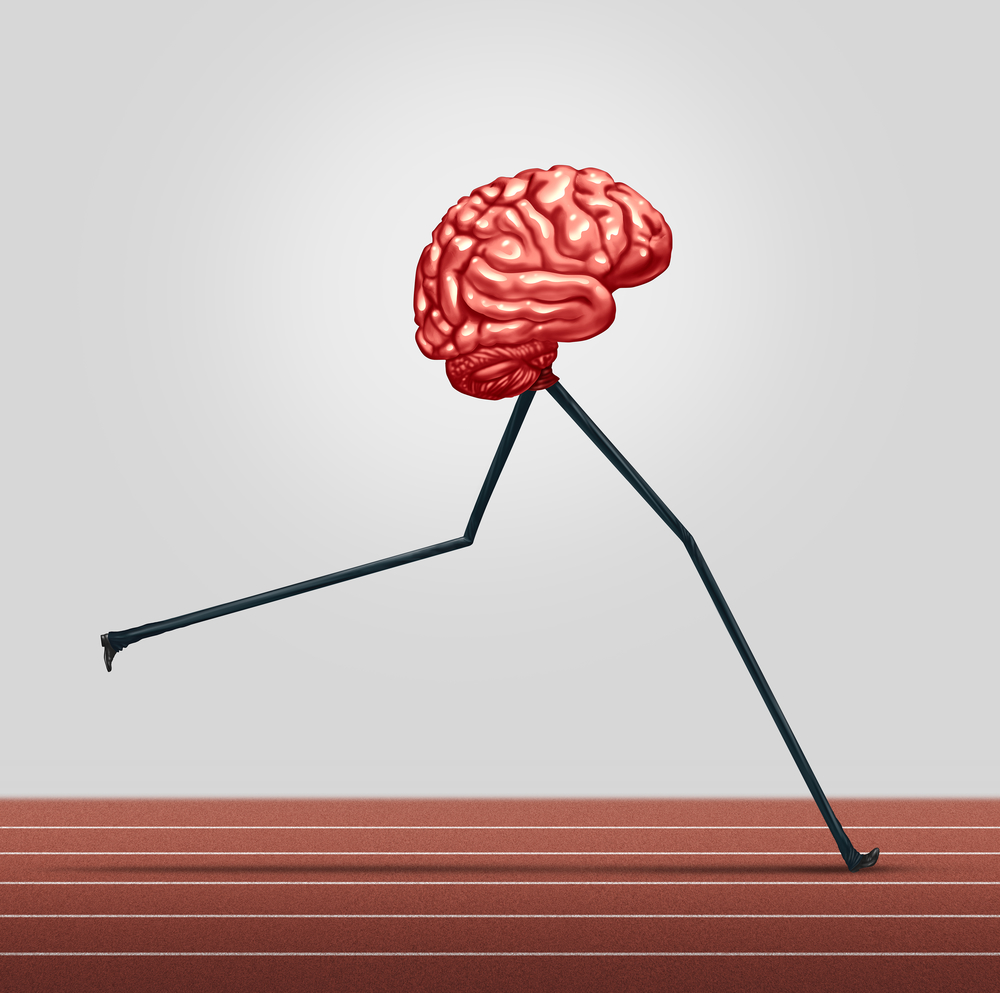June 10, 2016

I took a little break from blogging the past few weeks because I took a much needed, overdue vacation with my husband—and no kids! How to Plan a Kid-Free Vacation Without the Worry, you ask? Very carefully! It was overdue for many reasons, but mostly, as you can likely relate, because of the challenge of leaving my children in the care of others. Leaving the kids to take a long vacation is hard for any parent, but for parents of special needs children, it can seem almost impossible. You have to really want a vacation to put in the time and effort it takes to coordinate all the details. And yes, I really wanted it. And I’m so glad I took the time to plan it out. It was well worth it!
Today, I’m giving you a head start by outlining how to plan and coordinate a kid-free vacation.
(more…)
May 12, 2016

When parents first learn about the potential negative effects of the exposure to toxicants and the impaired detoxification processes in their children with neurodevelopmental disorders, a feeling of dread can set in. The sheer volume of toxicants we humans come into contact with every day is enough to overwhelm anyone from taking action. Let's take a detailed look in this blog, Detox Step One: Reducing Child Exposure to Toxicants, so you can see how even small changes add up to a big impact when it comes to your child’s health.
It’s easy to get so caught up thinking about how to clear toxins from our children's bodies that we forget the detox step one: removing as many of the toxicants from their daily lives and immediate environment as possible. Our bodies have built-in detox systems, but in children with neurodevelopmental disorders, these systems may not be working very well. So reducing their initial exposure is often critical to recovery.
This is no easy feat, as I mentioned above. We are potentially exposed to tens of thousands of toxicants, very few of which have been studied to determine their effects on human health. To make matters worse, toxicants that have been deemed to be “safe” at certain levels of exposure have never been tested alongside other “safe” toxicants to determine the synergistic impact on health. These studies would be difficult, if not impossible, to conduct given the number of potential combinations of different toxicants that would need to be included. And yet we are exposed to a wide range of toxicants in combination every single day.
Toxicants can be found in the air we breathe, the soil our food is grown in, the food we eat, the water we drink and even in the mattress your child sleeps on which is why it is very important to understand our detox step one. The ubiquity of these toxicants can be downright depressing. Reducing the toxicant burden on our child is the crucial first step towards decreasing their total body burden.
(more…)
April 28, 2016

Have you ever come across an interesting article talking about a new angle on an underlying cause of your child’s disorder? Or have you read a killer blog post that took you down a rabbit hole of research about the next great nutrient, diet, therapy, gadget, (fill in the blank here)? I have, and more times than I’d like to admit. Before you go all Alice-in-Wonderland and change things up with your child’s routine, let’s take a step back and consider this before making changes to your child’s recovery interventions. Let's talk about how to figure out the best ways to determine when is the right time to make a change or implement a new therapy or protocol for your child.
(more…)
April 21, 2016

Two weeks ago I introduced the concept of neuroplasticity and why it is the beacon of hope for recovery for our children. The brain’s ability to regenerate gives me hope that our children can recover. Today I want to dive deeper into how the brain’s neuroplasticity plays a role in the symptoms we see in our children from day to day and How Retained Primitive Reflexes May Affect Your Child.
Did you know that we are all born with reflexes that are essential to our early survival but that must be lost in order for our brain to develop properly? For example, an infant’s palmar reflex allows the child’s palm to grasp anything that is placed in the palm, but this reflex must be lost in order for the pincer grip to develop, which allows the child to develop fine motor skills of the hands. When primitive reflexes are retained, the development of postural reflexes, which require midbrain involvement and signify the maturing of the central nervous system (CNS), is negatively impacted. As a result, proper development is affected which is why we need to understand how primitive reflexes may affect your child.
(more…)
April 14, 2016

Say what? Books Over Blogs to Build Your Knowledge? You heard me. Learning from books beats blog learning any day. It’s true. Every time I write a blog post, I try to squeeze in as much information as possible to be both concise and complete. It's hard. In order to keep my post lengths easily consumable, I sometimes need to leave details out. That being said, blogs can be the catalyst for change. A blog post can inspire a new direction that you may never had learned elsewhere. However, your best bet is to use blogs to introduce you to new information and then take that learning further by finding the right books. The experience of reading a book enhances your knowledge and often is just what you’ll need to take action.
(more…)
April 7, 2016

We’ve all experienced setbacks while trying to recover our children. Neuroplasticity – Finding Hope With Setbacks is something we all need to figure out as time goes on. We implement a new diet, supplement protocol or therapy, and it goes well for a while, but then something triggers a complete turnaround and chaos ensues. It’s part of the cycle. It is easy at these times to question the interventions we’re using. I have questioned my own decisions on many days. It’s an unnerving yet natural reaction. We parents spend every spare moment of our time reading, researching and working with our children. When things appear to be moving backwards or are stalled out, we need the confidence to know our efforts aren’t wasted. Fortunately, the “recently” established concept of neuroplasticity provides hope that there are always improvements we can make with our children, despite any setbacks that may have previously been encountered. (more…)
March 31, 2016

The Book That Kickstarted My Childs Recovery. Probably like you, I have read many books on how to recover my child. Early on, when looking for answers to my daughter’s health issues, I didn’t know where to start because my daughter’s signs and symptoms didn’t really fit into any diagnostic box, so I was left on my own to figure it out. The one diagnosis we did eventually receive around the age of five was dyspraxia. Dyspraxia only accounted for a few of her symptoms, however, and most of the interventions were speech- and occupational therapy-based (which we pursued vigorously for several years and made gains as a result). Than there was The Book That Kickstarted My Childs Recovery.
One day, during a regular Google search for “dyspraxia,” I came across a book that stood out from all the others: Gut and Psychology Syndrome (GAPS), Natural Treatment for: Dyspraxia, Autism, ADD, Dyslexia, ADHD, Depression and Schizophrenia by Dr. Natasha Campbell-Mcbride MD, MMedSCi (neurology), MMedSci (nutrition) and mom of a child she recovered from autism with the GAPS Nutritional Protocol she developed. This book was different. It taught me that these conditions could be reversed or significantly improved through diet and nutrients and that they were medical in nature. It gave me hope and scared me at the same time. (more…)
March 24, 2016

What am I talking about today?
It’s not a secret that parents tend to put themselves last—moms in particular. We even take it as a badge of honour when we haven’t found the time to eat more than our child’s leftovers, when we regularly don’t get enough sleep, or even when we’ve barely had a chance to pee all day! I speak from experience. I am guilty of wearing this badge myself for, dare I say, many years. Don't forget about you and these 5 Self Care Essentials To Benefit Your Childs Recovery!
I’ve been at the mom thing officially for 12 years. (It’s my daughter’s birthday this week.) As time flies and I get older, I have realized that the badge of honour I’ve been wearing proudly is not something to brag about after all. If you are anything like me, your own badge has left you at times exhausted and wondering if what you are doing makes sense. Neglecting yourself isn’t helping your child, your family or yourself. When you forgo your own self-care, you are not the only one who suffers. By taking care of yourself first, you will be more prepared to help bring about your child’s recovery that is why we need to take seriously these 5 self care essentials that will benefit our children. (more…)
March 17, 2016

What am I talking about today?
As promised, in Part 2 of this post I am going to walk you through the Sabotage of Poor Digestion and How to Fix It. What happens when your child’s digestive system is dysfunctioning and why does it matter to his/her neurodevelopment recovery? And most important, what you can do about it. If you haven’t checked out part one of this post, you can check it out here.
(more…)
March 10, 2016

What Am I Talking About Today?
Is Poor Digestion Sabotaging Diet Efforts With Your Child? Have you taken a lot of time and energy to make sure your child is eating a diet that supports their recovery goals yet it seems like you aren’t making the kind of gains you would like? Well, you know that saying, “You are what you eat.”? It should really be, “You are what you digest.” Children with neurodevelopmental disorders are known to have a high rate of digestive disorders/disturbances, so you need to know a bit about how the digestive system works to determine if this should be an area of focus for you and your child. Addressing digestive disorders can impact way beyond just what nutrients are being absorbed. Researchers are finding out more and more information everyday about the gut/brain axis, or how the function/dysfunction of the gut impacts the brain and vice versa.
(more…)
































